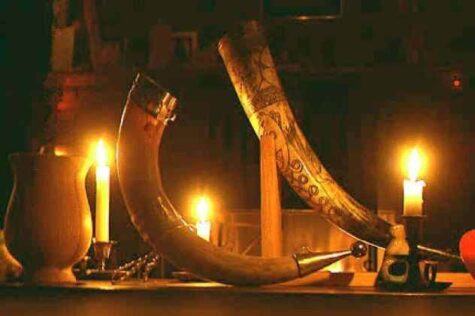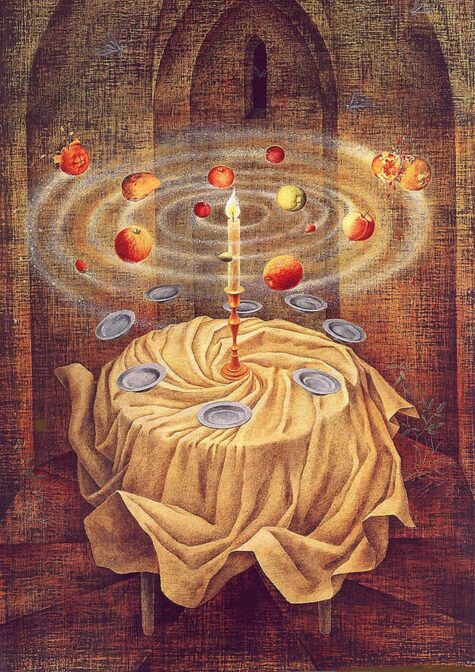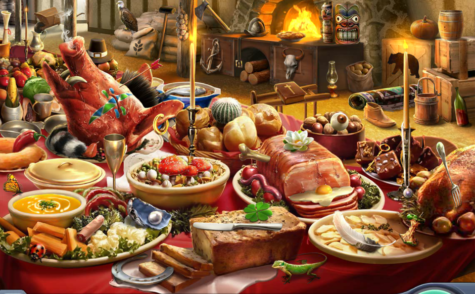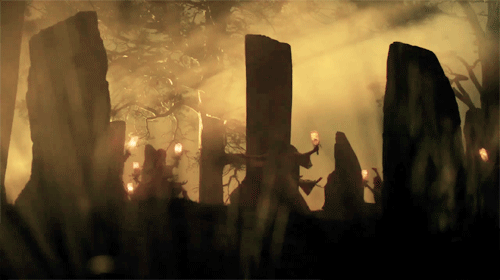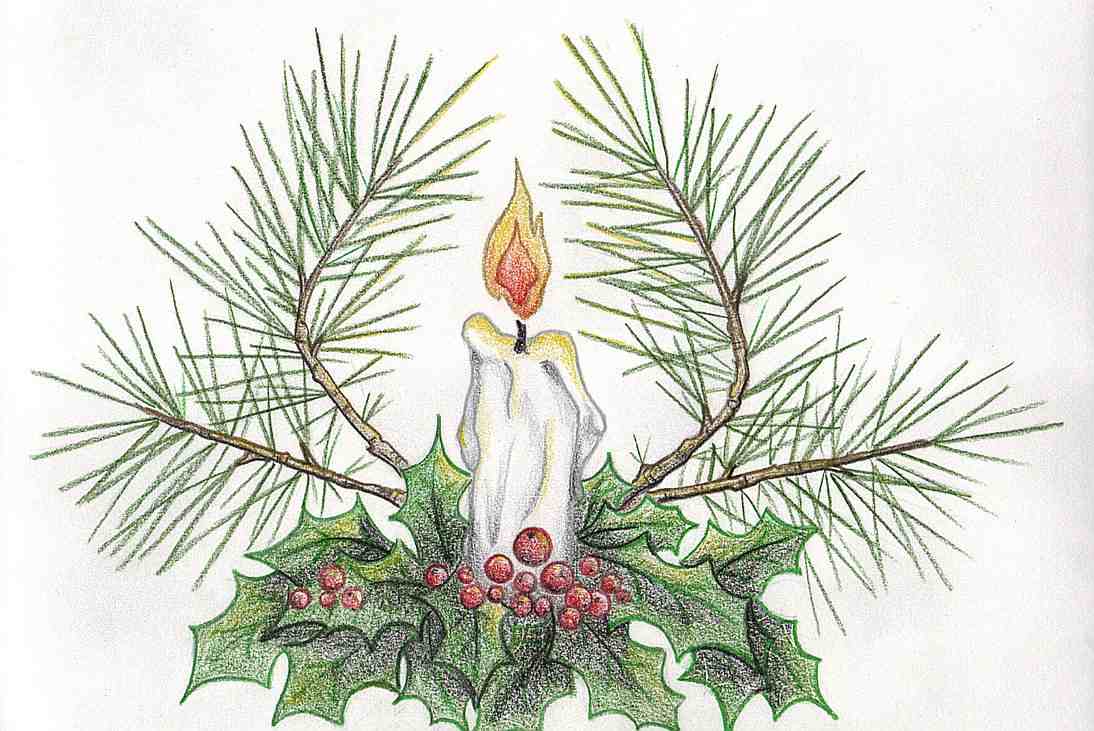Thanksgiving
In the Old Icelandic Calendar, winter begins on the Satyrday between Hunting 11th and 17th. This festival marks the beginning of winter, which was often celebrated around the middle of October. Winter Nights celebrates the bounty of the harvest
- Also referred to as: Vetrablot, Vetrnætr, Winterfylleth, Veturnætur, Winter Finding, and Winter Day.
Winter Nights is a more accurate term, considering that the passage of time was marked by nights, not days. An example of this can be seen from Anglo-Saxon times as it applies to the English word ‘fortnight’ as a reckoning of time for two weeks.
Just as traditional Jewish sabbat begins at sundown on Friday until sundown on Saturday… it appears that the festivities traditionally kicked off at night. This allows participants to work to prepare for the party during daylight hours too. On occasion you may even see reference to the term Winter Finding.
Some groups use this as being synonymous and interchangeable with the term Winter Nights. But others will call the harvest celebration at the autumnal equinox Winter Finding, and call the later October celebration Winter Nights instead.
Though we know the various names of the holiday, we don’t really know how people celebrated Winternights. Some people honored Freyr at this holiday, where He was given a sacrifice to thank him for the year’s harvest.
Some traditions honor Freya and the fertility and protective spirits called Disir, that She leads (often the Disir are seen as our female ancestors). Glory is given to Freya, a libation of ale, milk, or mead was poured into the soil as an offering to the Disir and the Earth itself.
We know that in Sweden, an event called an Alfarblot was held around the same time of year. It was a private event where ale was served and livestock were likely sacrificed. As Freyr is the lord of Alfheim, this event may be related to Winternights.
Some people honored Odin instead; some honored the dísir (female ancestors), some honored the alfar (elves; or male ancestors). Some people likely did a mix of all of the above.
When celebrating Winternights with a definite disir/alfar focus. Food is shared at a potluck based on recipes passed down to us from our ancestors or foods that they preferred. A sumbel is in their honor, honoring specifically those who have passed on in the last year, both animals and humans, and then sharing the stories of the food we brought, and of our ancestors of blood and of spirit. This can be an intimate, moving ritual, and a great way to start the winter season.
- A Sumbel is a formal drinking ritual composed of toasting, hails, oath-taking, the recitation of poetry or song, and other forms of verbal expression.
A Winternights sumbel might start with a round to Freyr to thank Him for the past harvest and to ask for prosperity in the days ahead. A round is included for the recently departed and for our ancestors of blood and of spirit as well.
So today we have a range of practice as it applies to this time of year. Some opt to celebrate it at the time of the autumnal equinox for sheer simplicity. But many others will instead decide to observe Winter Nights in October as that’s more in keeping with the traditional calendars.
Others split the celebration up, observing a Harvest-tide celebration in September, and then in October they will instead opt to specifically come together to honor the ancestors.
If you have children, incorporating ancestor veneration at this time helps to sync up to the Halloween and Day of the Dead décor that is on the market, and allow the children to have some similar dialogue among their peers at school. What Winternights does have in common with modern Samhain and Day of the Dead traditions, is that we both honor ancestors with their favorite foods and drink.
A Blot for Winternights
I hope all Heathens have a satisfying Winternights for both the living and the dead this year . Hail the disir! Hail the alfar! Hail Freyr!
- Hallowing:
Thunar, Guardian of Asgard and Midgard, We ask you to ward this stead well for Winternights. Hail Heimdall warder of Bifrost we ask that you hold us in your great sight.
- Purpose:
We gather to honor the Aesir and Vanir on this Winter Night and give thanks for the fruits of this past year and the Harvest we have gathered from the Earth. We also look back on the past year and measure our time that it was used wisely; to look at the future to find our way; like the Ice of time scrubbing away the impurities to leave behind the clear work.
We ask the dwellers of Asgard to give us the strength to and to help us provide for our kinsman in preparation for the long Winternachten yet to come.
- Hails:
Hail Wodan, The All Father, for your wisdom and forethought in guiding us forward through the winter to come and for the knowledge you have shared with us.
Hail Wodan!
Hail to Fro Ing for the bountiful harvest you have brought to us this eve.
Hail Fro Ing!
Hail to Freya for the love and life we hold to our hearts.
Hail Freya!
Hail to all the Ases and Wanes for the mighty work that you do.
Hail the Ases and Wanes!
And Hail to our Ancestors and Wights of the land. Hail to the All who have crossed Bifrost before.
Hail the Ancestors!
- Welcoming:
We welcome all the Ases and the Wanes. We welcome all the Wights, Alfs and Ancestors who have gone before us. We Welcome all the Wights and Landvaetter to witness this rite rightly done so that you shall see the truth in our hearts.
Heilsa all!
The time of Winternights marks the passing of Sunna farther down into the sky. This time of year marks the Mother Earth going to sleep to be rested for the coming Spring; for Fro Ing to renew the fertility of the Earth to bring forward the crops of our folk.
We look forward to Yule that is fast approaching. And we honor our ancestors that have gone before us. We look back over this past year with pride of the work rightly done. We look forward to prepare for the coming of winter, to protect our hearth and Kin from the cold of the frost giant called Winter, to open our hearths to those in need.
With this hallowed drink, brewed with the hand of Aegir the Brewer of Asgard we give our toasts:
- Wassail All!
Hail to the Aesir and Vanir!
Hail to the Alfs and the Dises!
Hail to our Ancestors!
Hail to the Landvaetter and all Wights of weal!
We now offer this sacrifice and return it to the Earth.
- Personal Hails!
Heilsa!
- The Blessing and Ending
We thank the Gods and Goddesses, the Aesir and Vanir for the gifts that we have and the gifts we may receive, May you find us fitting to receive them.
Heilsa All!
Sources:
- Asatru Utah
- Patheos
- Wyrd Designs
- Erich Shall
- Grundair Karlson
The Autumn Equinox – or Mabon – is a time of harvesting and celebration. Often called “Witches’ Thanksgiving,” it’s a prosperity holiday which asks us to gather with one another to count our blessings, connect, and re-balance. The nights are about to become longer, and soon we’ll be turning inward.
Mabon is a celebration of life and death, and giving of life again, the cycle of the seasons. Mabon is a time to enjoy the fruits of a hard year’s labor, to stock up for the long winter. No matter how you celebrate Mabon, it is important to know that Mabon a time for giving thanks.
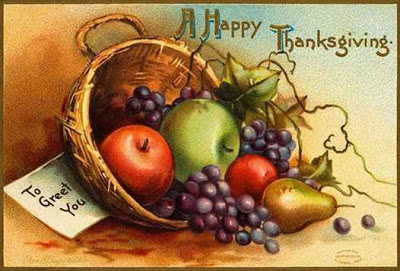
Thanksgiving Day is a national holiday celebrated in Canada and the United States. It was originally celebrated as a day of giving thanks for the blessing of the harvest and of the preceding year. Thanksgiving is celebrated on the second Monday of October in Canada and on the fourth Thursday of November in the United States. Several other places around the world observe similar celebrations. Although Thanksgiving has historical roots in religious and cultural traditions, it has long been celebrated in a secular manner as well.
This is the perfect time of year for everyone around the world to be thankful for what they’ve been given.
- Sit quietly for a few minutes in complete silence. It’s best if you’re alone, and you close your eyes. Remove all problems from your thoughts for a moment. Push everything aside.
Then… think about what you DO have:
- Are you breathing? Yes, you are. Be thankful that you’ve been given LIFE…the biggest miracle of all.
- Do you have loved ones? Be thankful that they are in your life.
- Do you have a roof over your head – even if it’s hard to pay for? Be thankful for that… many people don’t.
- Are you starving? No? Be thankful that you have food to eat. There are millions starving around the world that would love to have some food from your cupboard.
Think for a moment how lucky you are to be alive… even if it’s not always easy.
 Feronia is a Latin goddess who was honored with the first fruits of the harvest in a Thanksgiving type of ritual thought to ensure a bountiful harvest for the following year. In ancient Roman religion, Feronia was a goddess associated with wildlife, fertility, health and abundance. She was worshipped in Capena, at the base of Mount Soracte, a mountain ridge in a province of ancient Rome.
Feronia is a Latin goddess who was honored with the first fruits of the harvest in a Thanksgiving type of ritual thought to ensure a bountiful harvest for the following year. In ancient Roman religion, Feronia was a goddess associated with wildlife, fertility, health and abundance. She was worshipped in Capena, at the base of Mount Soracte, a mountain ridge in a province of ancient Rome.
As the goddess who granted freedom to slaves or civil rights to the most humble part of society, she was especially honored among plebeians and freedmen. In ancient Rome Feronia’s festival was celebrated on the Ides of November, which in all likelihood was originally the day of the full moon, but eventually was settled on November 13th, or to be slightly more accurate in the Roman versions of November 13th.
Feronia’s festival, which was like a lively fair or market, was celebrated in a sacred grove where first-harvested fruits were offered to her near the foot of Mt. Soracte. Although woods and springs were especially sacred to her, and she preferred the peace of the country to the hustle of the city, Feronia also had a temple in Rome.
Feronia’s followers were thought to perform magickal acts such as fire walking. Slaves thought of her as a goddess of freedom, and they believed that, if they sat on a particular holy stone in her sacred sanctuary, they could attain freedom. One tradition says that newly freed slaves would go to her temple to receive the pileus, the special cap that signified their status as free people.
From Goddesses For Every Day and Patheos
In ancient Roman religion, the Epulum Jovis (also Epulum Iovis) was a sumptuous ritual feast offered to Jupiter on the Ides of September (September 13) and a smaller feast on the Ides of November (November 13). It was celebrated during the Ludi Romani (“Roman Games”) and the Ludi Plebeii (“Plebeian Games”).
It’s described as a kind of thanksgiving feast. People dined in honor of Minerva, Juno, and Jupiter and decorated with statues of these deities, as though the gods were among them.
The gods were formally invited, and attended in the form of statues. These were arranged on luxurious couches (pulvinaria) placed at the most honorable part of the table. Fine food was served, as if they were able to eat. The priests designated as epulones, or masters of the feast, organized and carried out the ritual, and acted as “gastronomic proxies” in eating the food.
Celebrating The Epulum Jovis:
To curry the favor and receive the considerable blessings of these gods, place statues or pictures of them on the dinner table, set places for them, and cook a simple yet delicious dinner. The layout need not be extravagant, but it should be as luxurious as possible.
Remember, these are The Gods, and they are your guests. Serve the deities food, and in all other ways treat them as honored guests. If you have any special requests, perhaps save them for tomorrow. For now, just dine and align your life with the goodwill of these powerful gods.
Be sure to have statues or other representations of the honored guests on the table. Thank them for their gifts. Here’s a toast you can use:
“For all the gifts you’ve given me,
I offer something back to thee.
A symbol of my gratitude,
A gift of drink, a gift of food.”
The ancient Romans has designated persons who acted as proxies for the Gods and ate their food for them, alternatively, their full plates could be taken outside as an offering. Wine can also be poured as a libation.
Collected from various sources



